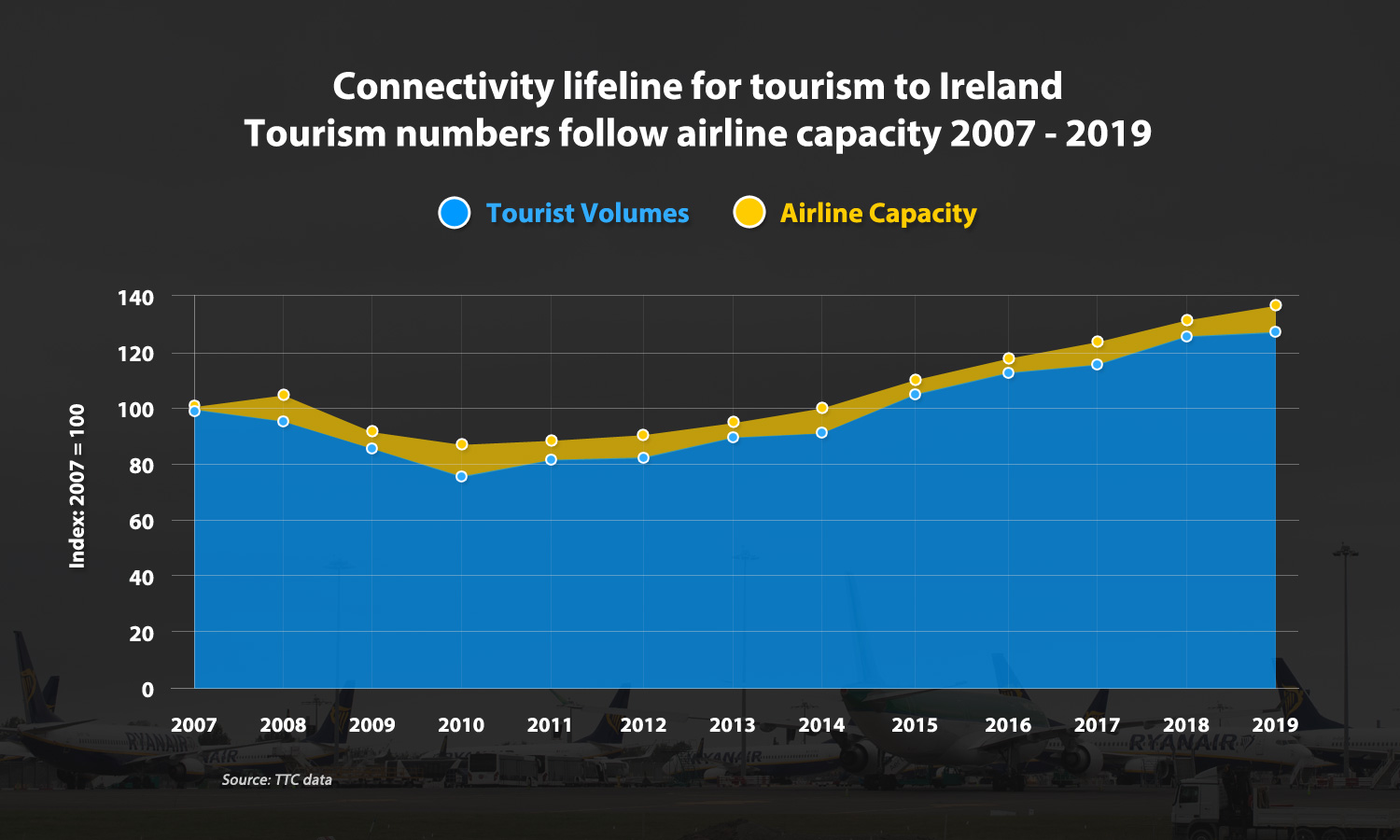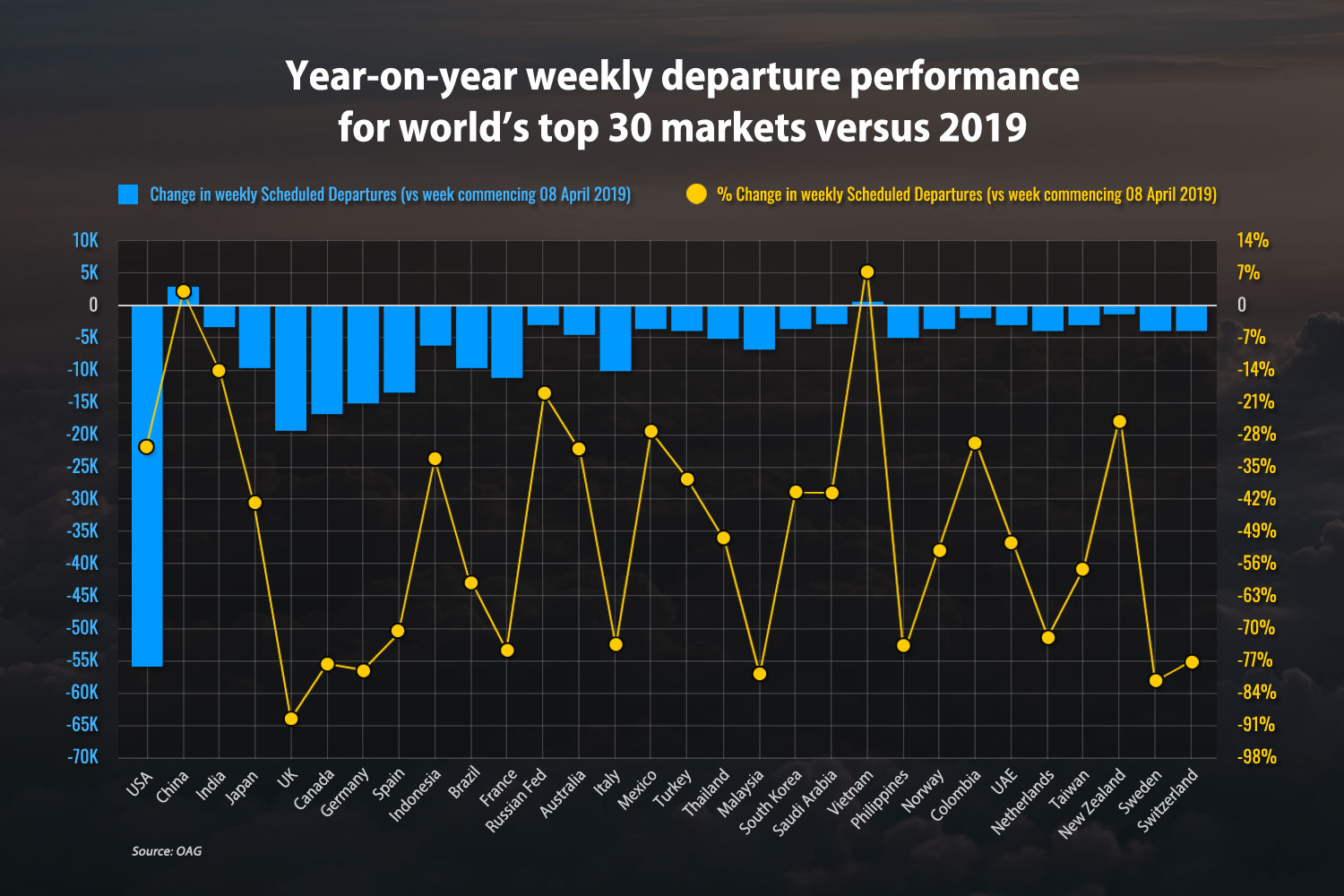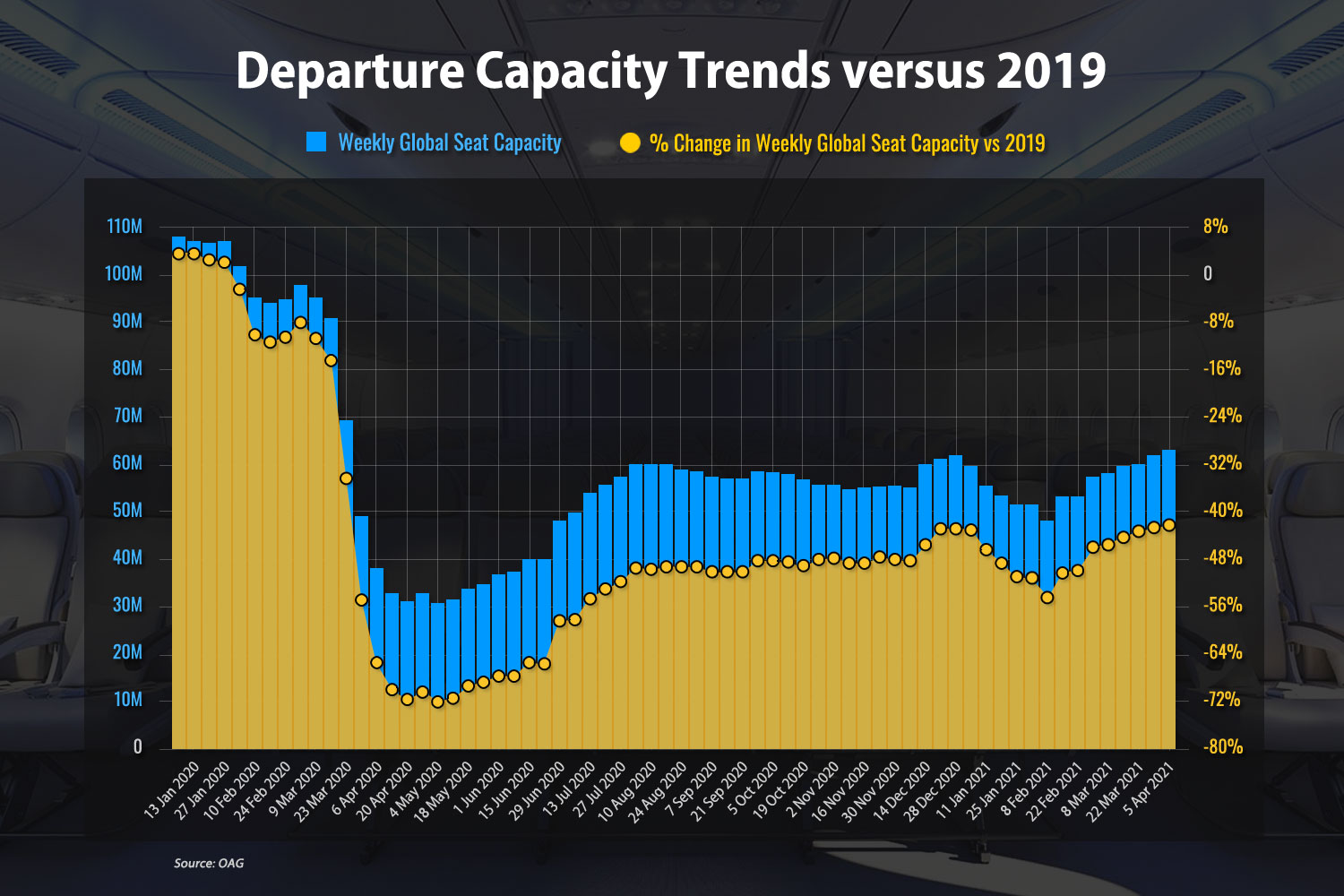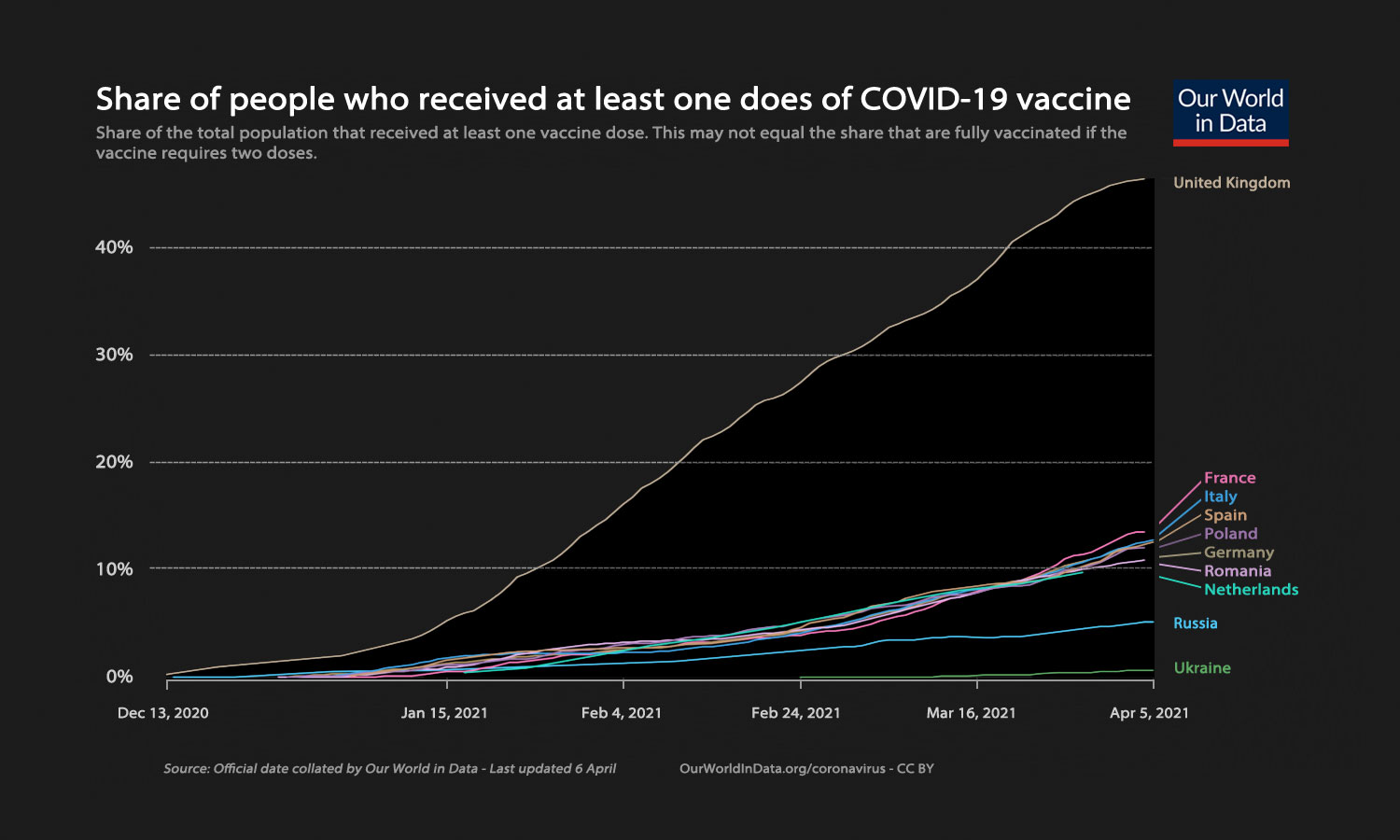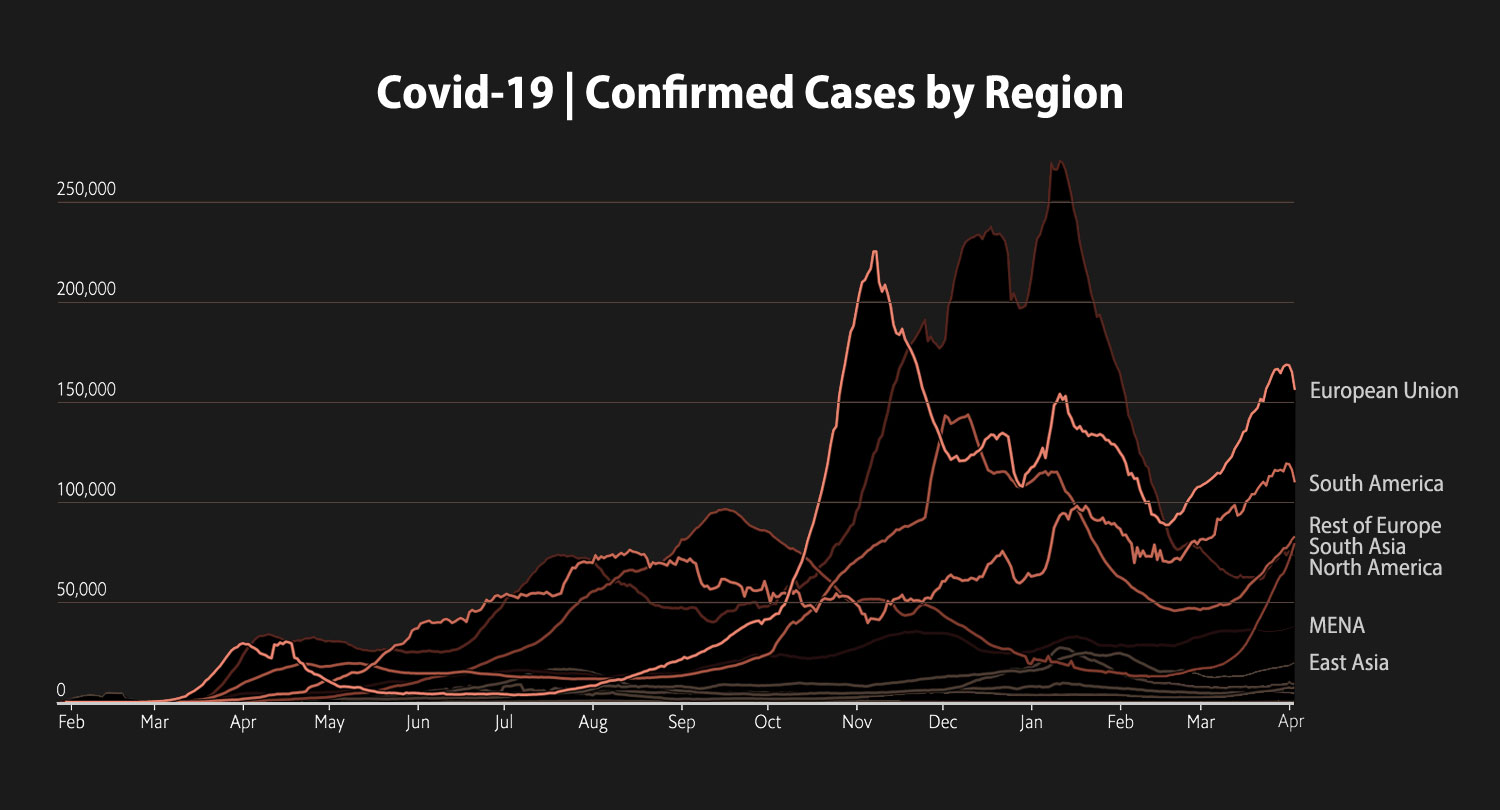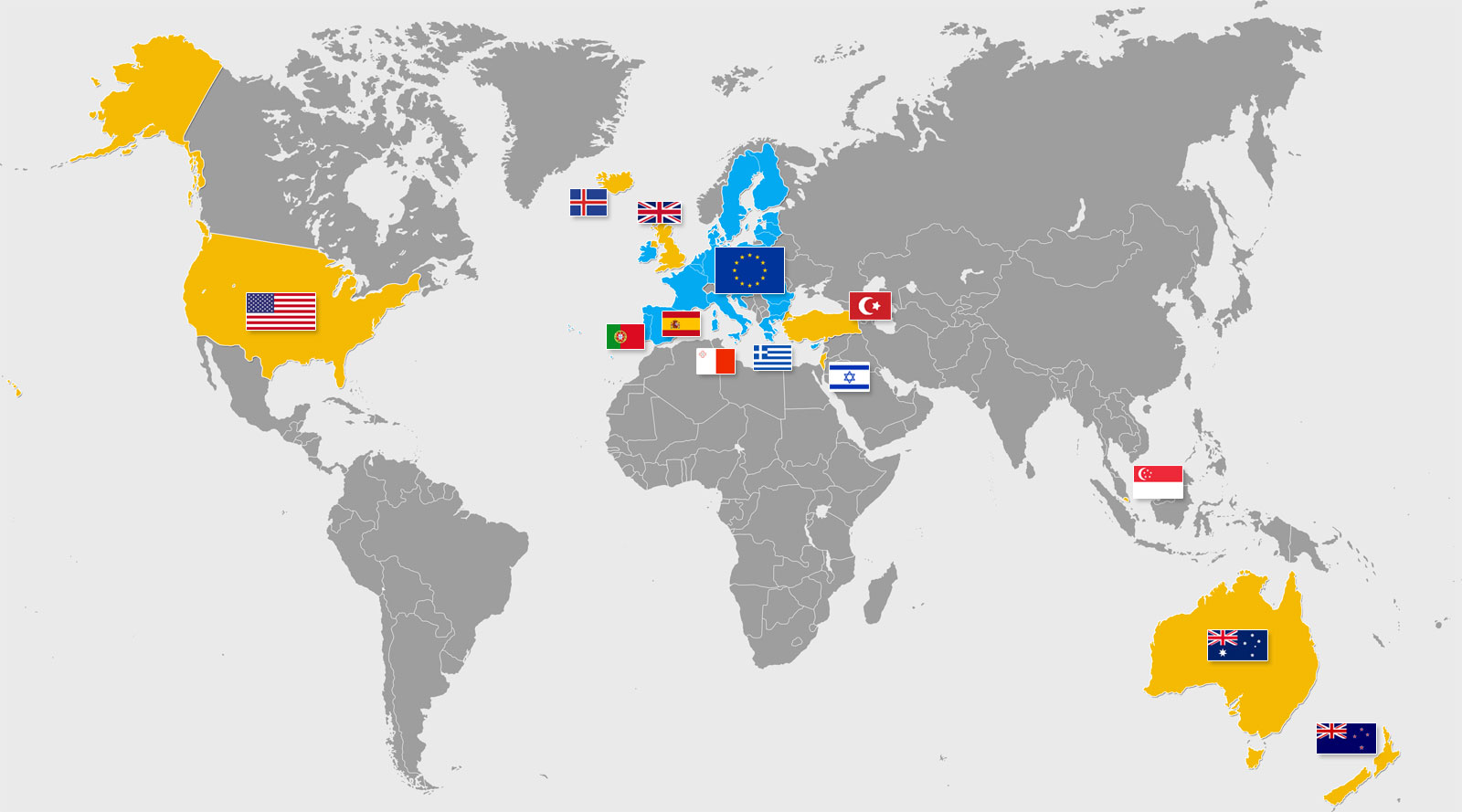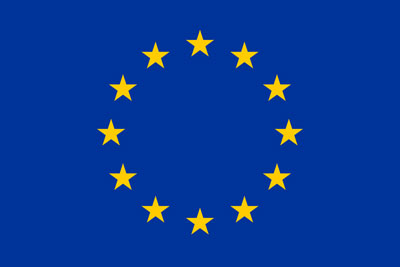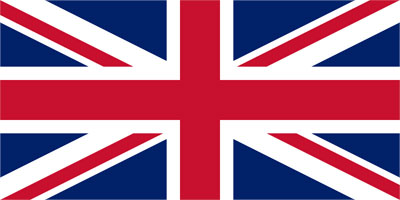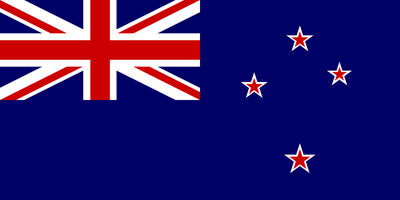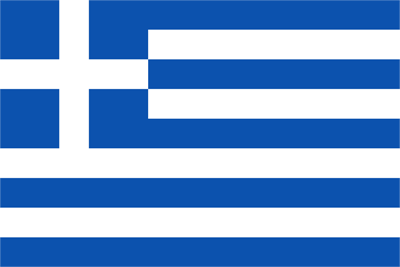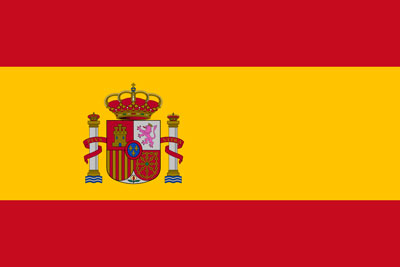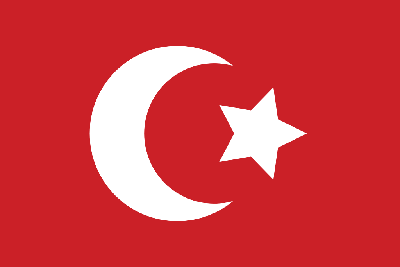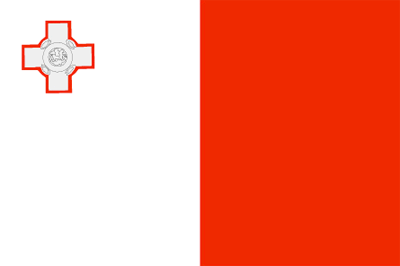COME FLY WITH ME
Back in 2017, in a pre-Covid world, the then Taoiseach proudly stated that Ireland would double its global footprint by 2025. Leo Varadkar said that Ireland would be “an island at the centre of the world” and the growth in aviation connectivity to Dublin in particular made that claim very credible indeed. Sadly the Covid pandemic has put a stop to such an ambition – whether it is a temporary pause or a permanent halt depends on the Government’s next move in relation to international connectivity.
Are we set to be an island off a non-EU island off the Western coast of Europe or a globally connected, dynamic, open economy where trade and tourism flourish? The latter is the choice that all right minded people would choose yet Government’s current attitude to aviation, including the harshest restrictions across Europe and mandatory hotel quarantine for our key strategic markets, makes the former a growing and undesirable possibility.
Just last week Ireland’s aviation industry – including big hitters like Aer Lingus, Ryanair, daa and Shannon Airport – published a plan to rescue the country’s aviation sector before it is too late. The Aviation Restart Plan sets out a balanced and evidence-based approach to enable the recommencement of aviation and the restoration of Ireland’s connectivity. It contains a comprehensive set of recommendations which, if finalised and implemented, can facilitate the restoration of connectivity whilst continuing to protect public health.
Crucially Government must change tack and state how and when international travel can resume. Failure to do so will result in long term economic damage and airlines, with the very definition of mobile assets, will have little choice but to move aircraft to markets where they are allowed to operate and demand is evident.
The Irish Tourism Industry Confederation (ITIC) has long called for Government to provide a comprehensive plan to restore Irish aviation. 75% of Ireland’s tourism economy is dependent on international visitation and thus it is critical to tens of thousands of jobs and hundreds of businesses that inbound markets are opened up once again. The European Commission’s proposed Green Digital Cert – expected to be adopted by the European Parliament later this month – offers a pan-European approach to restore international connectivity and Ireland should urgently adopt and implement it.
SUMMER TOURISM BLUES
Ireland is facing into a second consecutive summer of few, if any, international tourists. The introduction of mandatory hotel quarantine, coupled with its inconsistencies and implementation incompetency resulting in High Court challenges, has reinforced the message that Ireland is closed for business at a time when other economies are planning to reopen international travel on the back of increasing vaccine coverage.
Ireland is sending out a negative message to international source markets despite global evidence that the rollout of vaccines, improved testing and tracing regimes, and the adoption of practical verifiable controls is allowing international travel to reopen in a measured and safe manner.
The latest mandatory hotel quarantine regulations suggests a ‘zero risk’ approach by Government to the reopening of Ireland’s international connections with the outside world. It is in stark contrast to the approach to the re-opening of other sector of society and the economy where the risk is weighted against the negative impacts of a continuous shut down of life in Ireland for the duration of the global pandemic. The logic of the current regime on international travel is flawed and inconsistent in its application. A system which allows barrier free access from Britain, irrespective of vaccination, while travellers with proof of vaccination and negative PCR tests are put into mandatory hotel quarantine is difficult to comprehend or justify or explain to key trade partners abroad.
Besides the immediate negative impacts on travel demand and the competitive positioning of Ireland in the short term, the current regimen adds to the reputational damage of the country as a welcoming tourist destination. Ireland’s largest indigenous industry and biggest regional employer faces another gruelling year if international tourism is effectively prohibited.
What is clear from all analysis is that Irish tourism is heavily dependent on the resumption of international access – the two are symbiotic as shown by the below graph. When international access wanes, tourism suffers; when international access growth, tourism prospers.
GLOBAL AVIATION – AN UPDATE
International connectivity, the lifeline of Irish tourism, has been decimated, with only skeleton air services as capacity is down by more than 90% on the same period two years ago. The aviation sector is in extreme distress with many airline and airports and their staff facing an uncertain future. Tourism businesses, airlines, airports and associated businesses share a common frustration – the lack of any apparent plan to restart international travel to and from Ireland.
Aggregate global air passenger demand in February was down 75% on the same month in 2019. Although domestic air services around the world have recovered to just over 50% led by the large markets in China, USA and Russia, in contrast, demand on global international air, services remains at close to 89% down on early 2019. Demand for international air services in Europe is currently showing the steepest drop amongst the regions of the world.
Latent demand for travel remains strong. Continuous surveys report a pent up demand for international travel, following the lifting of travel restrictions and facilitated by increased household savings. However, lack of clarity and assurance on future health and travel conditions is dampening bookings of international travel. Latest figures revealed the depth of the crisis facing the industry, with the International Air Transport Association reporting passenger bookings for travel across Europe between May and September had reached just 15% of 2019 levels by March 20th.
VACCINATION ROLL OUT
Approaching 700 million doses of COVID-19 vaccines have now been administered across the world with around 150 million people, less than 2% of the world’s population, now fully vaccinated against the highly infectious disease. That is a positive step in building immunity against the SARS-CoV-2 that continues to impact almost everybody’s daily lives through government mobility restrictions.
Encouragingly from a travel and tourism perspective, the USA and the United Kingdom are amongst the fore-runners of vaccination deployment, and cautiously following a roadmap out of lockdown.
US consumers are also looking forward to summer travel as the US is likely to reach COVID-19 herd immunity (the point when a large part of the population of an area is immune to a specific disease) by mid-Jun-2021 to early Jul-2021, ahead of earlier forecasts.
However, across Europe the picture is less positive. , it is a real patchwork. In the United Kingdom more than 40% of the population has now received at least one vaccine dose, but In France, Germany, Italy and Spain less than 20% of the population has now received at least one vaccine dose, compared to more than 40% in the UK.

The IATA view – Willie Walsh at the helm
“Two key components for an efficient restart of travel need to be urgently progressed. The first is the development of global standards for digital COVID-19 test and/or vaccination certificates. The second is government agreement to accept certificates digitally. Our experiences to date already demonstrate that paper-based systems are not a sustainable option. They are vulnerable to fraud. And, even with the limited amount of flying today, the check-in process needs pre-COVID-19 staffing levels just to handle the paperwork. Paper processes will not be sustainable when travel ramps up. The IATA Travel Pass app was developed precisely in anticipation of this need to manage health credentials digitally. Its first full implementation trial is focused on Singapore, where the government has already announced that it will accept health certificates through the app. This will be an essential consideration for all governments when they are ready to relink their economies with the world through air travel.”





